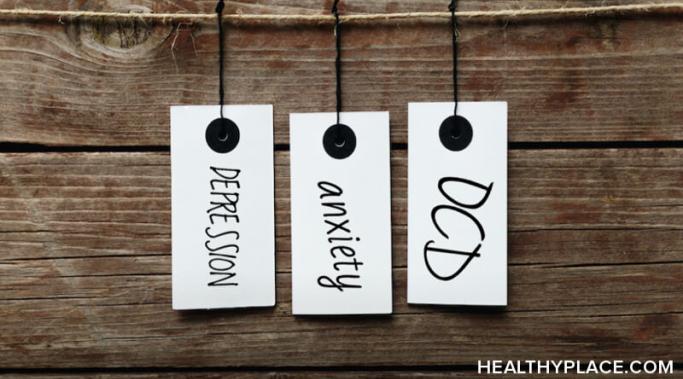Until a year ago, I did not equate May with Mental Health Awareness Month (MHAM). Flowers, sunshine, summer break, and my birthday most definitely, but not mental health. My battle with depression completely opened my eyes to mental illness and mental health as a whole, and I can confidently say that one month, even one year, dedicated to the topic does not do it justice. But to be fair, it is a hopeful and actionable start.
Dealing with Stigma
I am grateful for the podcasts that help me maintain mental wellness, but first, this background story: In April of last year, while the world was just beginning to open back up, I was experiencing the bleak fallout from a traumatic breakup. Much like when I was at my lowest low, battling depression later that summer, I was constantly searching for ways to forget. One of my favorite ways to accomplish this was going for long, and I mean long, walks. I would put on my shoes, walk down my apartment stairs and just walk. Sometimes three miles, sometimes five, and nine or 10 on the bad days.
Journaling is one way I fight mental health self-stigma and is, fortunately, becoming increasingly popular in today's world. Used as a method for releasing negativity, spurring creativity, and everything in between, journaling can create a safe space for many people who practice it.
Gaslighting and self-stigma—do they have ties to one another? I’ve been exploring this concept in my head, especially as I work on my internal mental health struggles. Thinking about both of these terms got the wheels turning, and I thought it would be an interesting discussion to have.
With so much of the mental health conversation taking place online, I can’t help but wonder if the Internet is helpful or harmful to combatting mental health stigma. Or maybe it's somewhere in between, both, or none of the above. Let’s take a closer look.
Does social media help diminish mental health stigma or perpetuate it? I think many people would agree that social media can be a blessing and a curse. Amidst the extreme scrutiny and unhealthy comparisons, there are opportunities to spread awareness and create a voice that may have otherwise remained silent.
"Surviving Mental Health Stigma Blog" — that’s the name of this blog full of tips and advice to get through moments of stigma, overcome it, and so on. Often, that’s how I approach writing for this blog: what tips can I share? What have I gone through that might be useful to others? But then it struck me. Dealing with mental health stigma can quite literally be an act of survival. It’s not hyperbole. It’s not dramatics. Mental health stigma could literally lead to someone dying. I’ll elaborate. (Note: this post contains a content warning.)
Canada has a new government position: Minister of Mental Health and Addictions. It's raising many conversations and many questions. However, the question I’m most interested in is what can the government, through this minister, do to stop, or at least address, mental health stigma? Can it do anything?
Two things are going to become clear in this blog post: my taste in music and that there are songs that remind us that it's okay not to be okay. Realistically, "It's okay not to be okay" is probably a statement you've heard repeatedly in the world of mental health awareness and advocacy. As potentially overused as it is, this sentiment is an important one when combatting mental health stigma.
I feel as though people like to think about incidents of mental health stigma as little pockets in time, but really, they live beyond the moments they happen. These are not compartmentalized or filed away. We know stigma can have negative impacts on a person, but understanding the depth of those impacts starts with understanding how long that moment of stigma can exist for a person.









